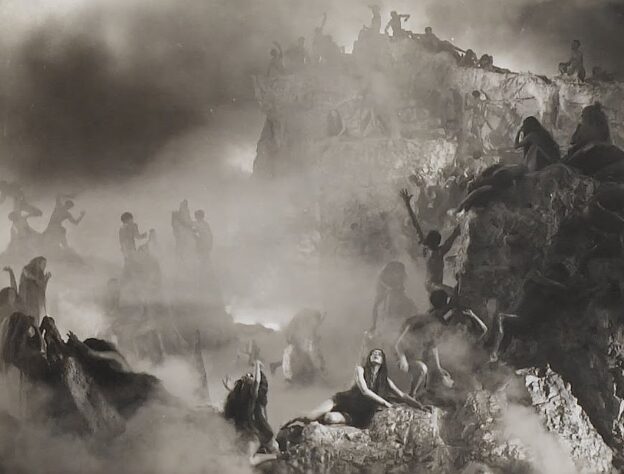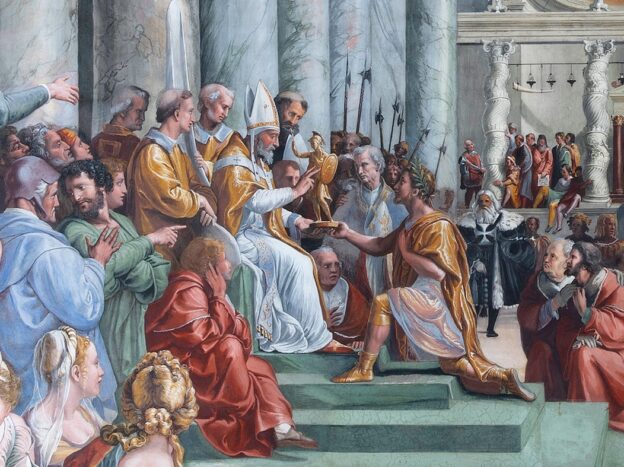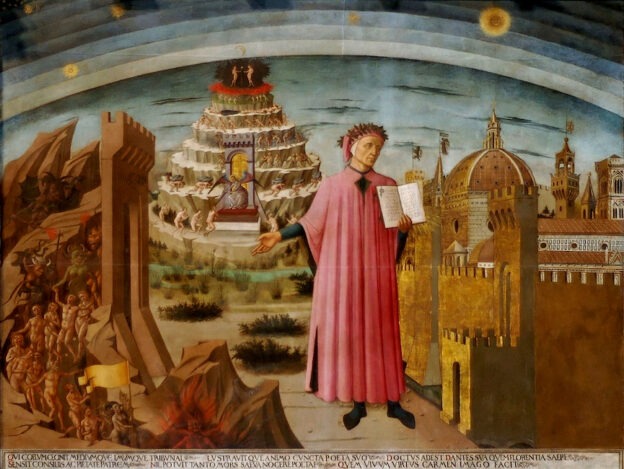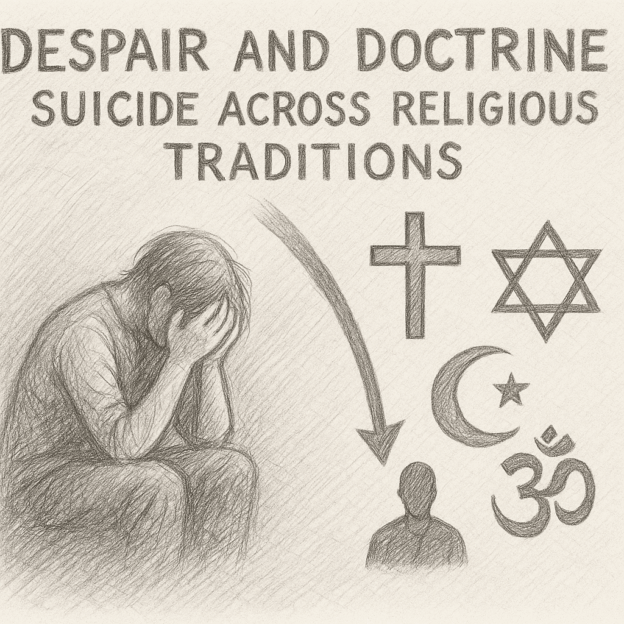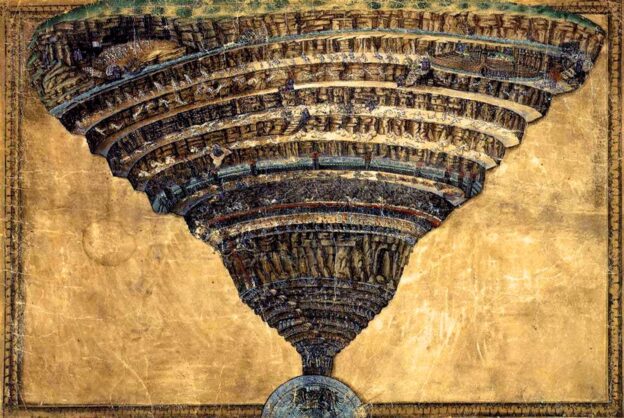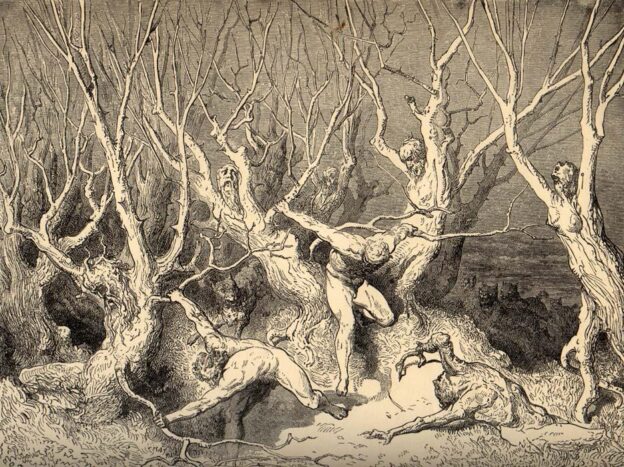Virgil, Dante’s guide through Hell and Purgatory, represents natural reason, classical virtue, and the limits of human understanding. This article explores Virgil as a symbol of philosophical clarity, moral insight, and noble limitation, showing how Dante honours reason, even as he insists on the necessity of grace.
Continue reading